The First Man
Monday, August 22 2022 @ 12:00 PM EDT
Contributed by: Magpie
I did a time waster the other day on the last man born in each decade to play in the majors. An obvious companion piece came to mind, completely unbidden. What could I do?
The first man born in the twentieth century to play in the majors was John Cavanaugh, a 19 year old third baseman from Reading PA. On 7 July 1919, the Phillies were losing 9-2 to the Giants, and Cavanaugh replaced Doug Baird at third base. He played three innings in the field without handling the ball; he came up to bat against Jesse Barnes in the bottom of the eighth and struck out. And never played in the majors again. This is what it could have been like for Moonlight Graham! This is what he could have missed out on! At least Graham had W.P. Kinsella noticing Graham's entry in the Baseball Encyclopedia, and actually visiting Chisholm Minnesota and talking with people who knew old Doc Graham, who had died just ten years later. Cavanaugh hasn't yet been as fortunate.
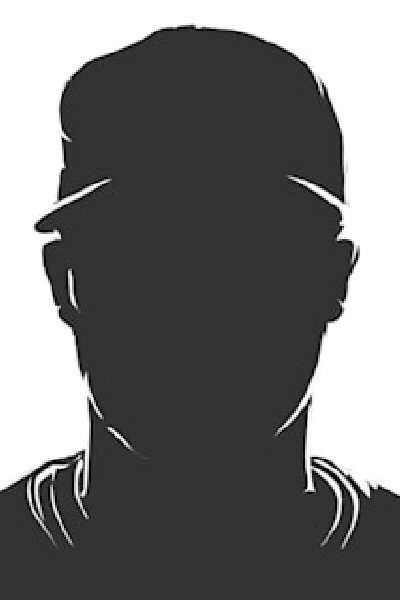
There was a Negro National League pitcher named Herb Thomas, who is reported to have been 18 years old when he played for the New York Lincoln Giants in 1928 and again in 1929. All we know about him is that he threw left-handed, and he is supposed to have been born on an unknown date in 1910. Literally nothing else is known about him. In the AL/NL, Joe Cicero was also 18 years old when he made his debut for the Red Sox on 20 September 1929. He pinch hit for catcher Alex Gaston with a couple of men on base against Wes Ferrell and singled to load the bases. He got into 10 games at the end of the season, and opened the 1930 campaign on the roster. Used mostly as a pinch-hitter, he went 5-30 and was returned to the minors. Where he stayed, and stayed. He retired from the game and didn't play professionally in 1942-43 (a vision problem, that likely hadn't helped his baseball career, kept him out of military service). In 1944, the Yankees signed him to help fill their war-depleted minor league system, and the following year, the Philadelphia A's brought him to spring training. He returned briefly to the major leagues, went 3-19 was released and gave up the game for good. He moved to Panama and worked as a civil servant in the Canal Zone for the next thirty years.
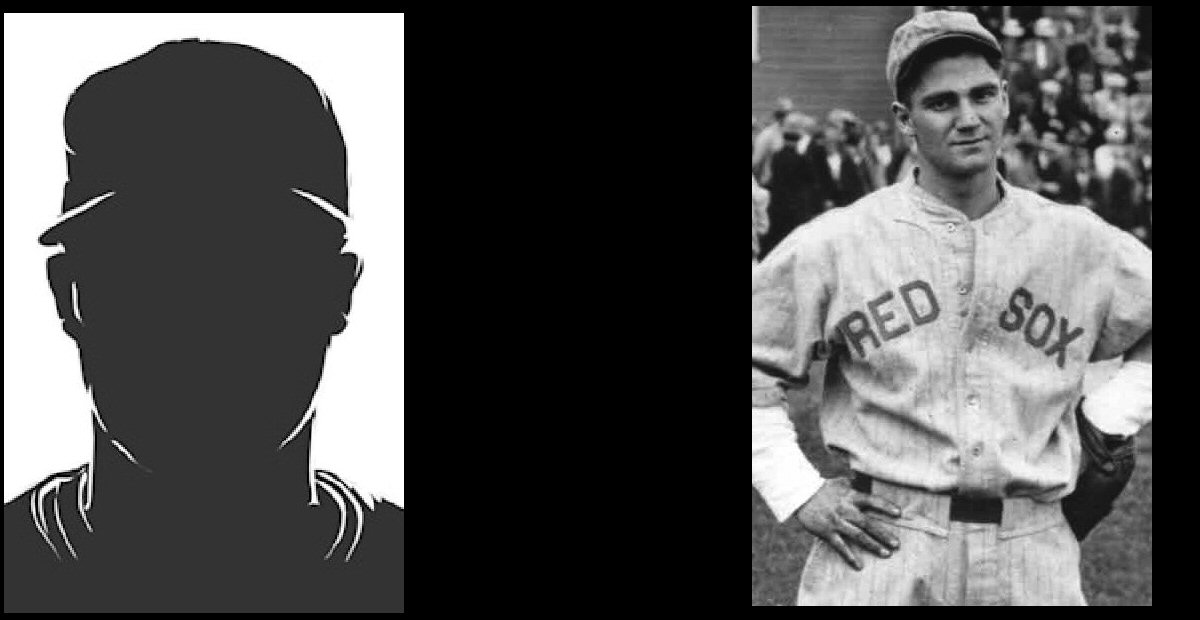
Roy Campanella played his first games for the Washington Elite Giants (we don't know the date) in 1937, when he was 15 years old. In the AL/NL, the first man born in the 1920s to play was Walt Masterson, an 18 year old pitcher with the Washington Senators. Masterson soon enough lost two years to military service during World War II, and he was not bound for glory - and I'd never heard of him either - but he went on to appear in 14 seasons with Washington (mostly) and Boston, and a couple of them were pretty good. He was mostly a swingman, working as both a starter (184 games) and a reliever (215 games). He pitched 15 shutouts along the way, the same number as Clayton Kershaw, who leads all active pitchers.
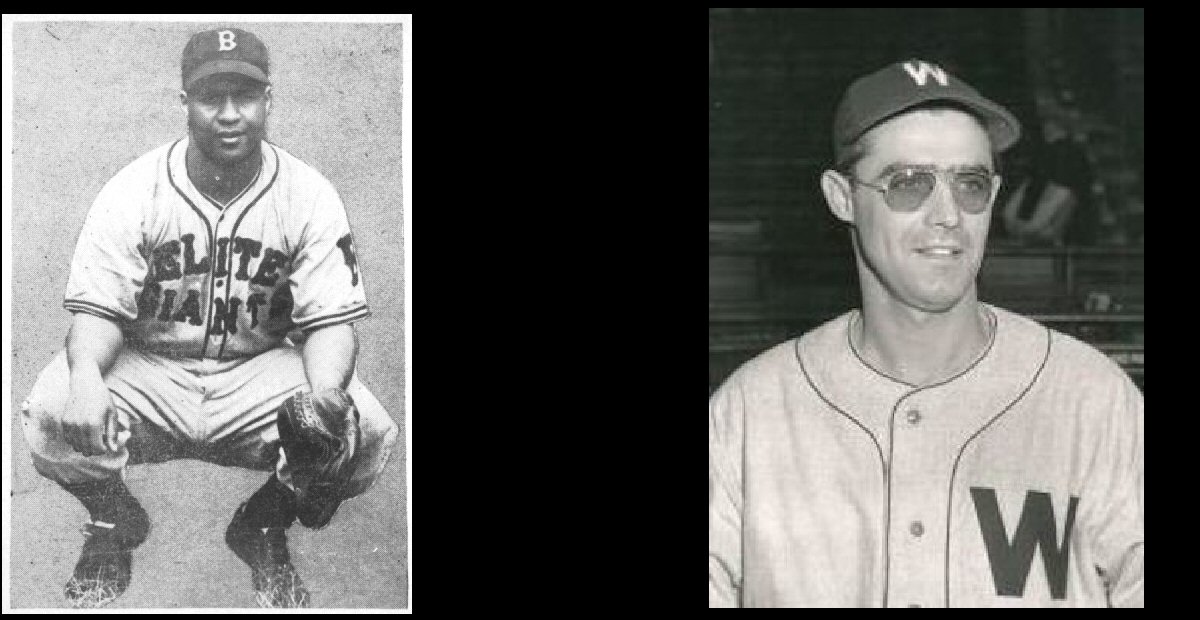
Clyde Sowell, Tincy Jameson, Bill Dumpson, and the great Willie Mays all played in the Negro National League in 1948, and all four were born in the 1930s. We have no idea who saw the first action. Mays had only turned 17 that May. In the AL/NL, things are a little easier - Johnny Antonelli was 18 years old when he pitched an inning of relief for the Braves on 4 July 1948. Antonelli was a bonus baby, and the rules pf the day meant that the Braves had to carry him on their active roster for at least two years. The Braves were trying to win a pennant, and Antonelli's bonus dwarfed the salaries of the rest of the team. Did his teammates resent him? Well, when they went to the World Series that fall, they refused to vote Antonelli a share. The commissioner had to intervene. Antonelli wasted two years on the Boston bench, lost two years to military service, and finally established himself in the majors in 1953. The Braves traded him to the Giants a year later, and he pitched them to the 1954 pennant, and then won and saved a game in the World Series. He was a five time all-star, and famously retired at age 31 rather than play for the brand new New York Mets. He had already lined up his post-baseball future, and decided to get started immediately.
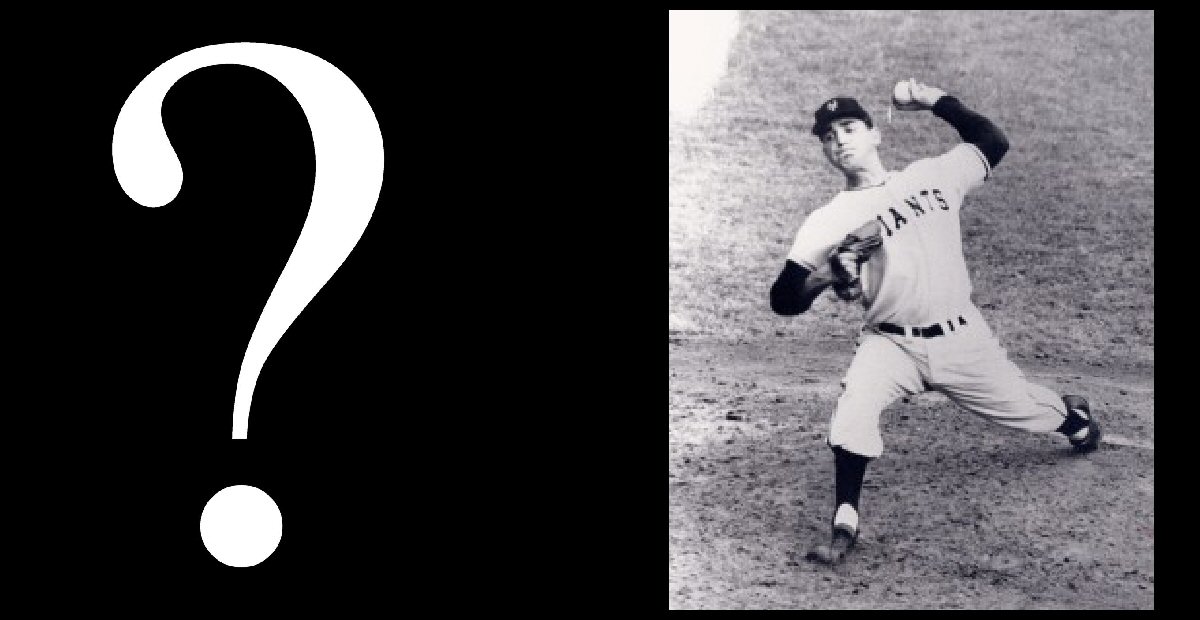
The first man born in the 1940s to play in the majors was a 17 year old LH pitcher named Dave Skaugstad, who got into two games at the end of 1957, both times in relief of Jay Hook, another youngster. Slaugstad allowed just a single run over his two appearances, but he walked 6 batters in 5.2 innings, and it was that wildness that would keep him from ever returning to the majors. He'd play another five years in the minors, and walk 540 hitters in just 612 IP. He spent most of his post-baseball life as a police detective in southern California.
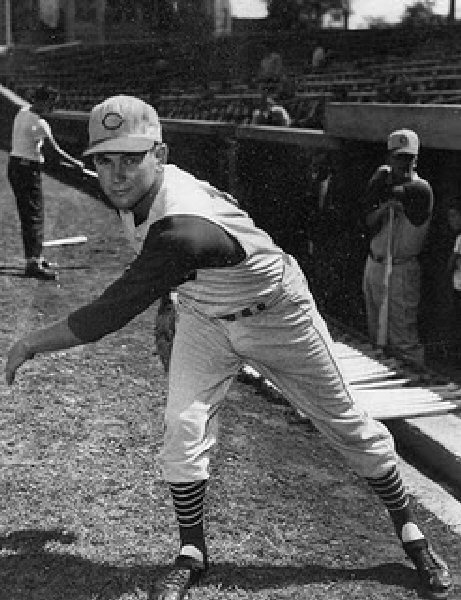
The first man born in the 1950s to play in the majors was also the first of our individuals who went through the MLB draft. Lloyd Allen was chosen in the first round, twelfth overall, of the 1968 draft by the (then) California Angels out of Fresno City College. He pitched very well in Rookie ball that first year and then in A ball in 1969, well enough to get promoted first to AAA and then to the majors where he made his debut, still just 19 years old, on 1 September 1969 against the Senators. The Angels were trailing 3-0 and had just pinch-hit for starter Tom Murphy (the future Blue Jay). Allen began by striking out opposing pitcher Joe Coleman; he then walked Del Unser before retiring the side. He spent most of 1970 in AA but came up the big team for keeps that August. He had a very good year in the Angels' bullpen in 1971, and then - that old, old story - the arm troubles began.
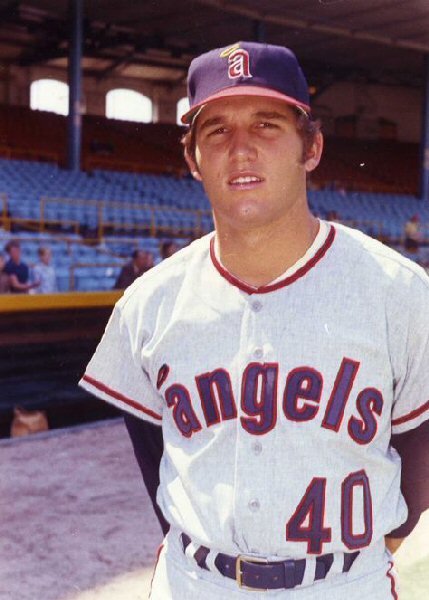
Charles O. Finley bought a controlling interest in the Kansas City Athletics in 1960. He put an end to the A's habit of operating as if they were no more than a Yankees farm team, which was certainly a welcome change. It's unclear why a man who had spent his life in the insurance business thought he could function as the general manager of a major league team. In the summer of 1961, Finley lavished a $125,000 bonus on a high school phenom named Lew Krausse with the promise that he would pitch in the majors that very year. One week later, Krausse threw a three hit shutout to defeat the Angels in his major league debut. He stayed around to make five more starts, each of which he lost, but Finley claimed the bump in attendance was enough to cover the entire bonus. Krausse would go on to a fairly undistinguished eleven year career, and Finley would repeat the same stunt in 1978.. They drafted Mike Morgan fourth overall out of a Las Vegas high school, and he made his debut five days later. Morgan would go on to a long, nomadic career, pitching for twelve different teams but capping it off with three scoreless innings out of the Arizona bullpen in the 2001 World Series, when he was 42 years old. The A's had also chosen Tim Conroy with the 20th pick in that same draft, and when he made his debut on 23 June 1978, two weeks after Morgan, it was Conroy who became the first man born in the 1950s to play in the majors. He was staked to a 5-0 lead, but he walked five men in 3.1 innings and got the hook; he made another start and this time walked four of the ten men he faced. Then it was off to the minors. He would make it back to the majors in 1982, and while he never would establish a stable relationship with the strike zone, he appeared in another six seasons and is a scout for the Royals these days.
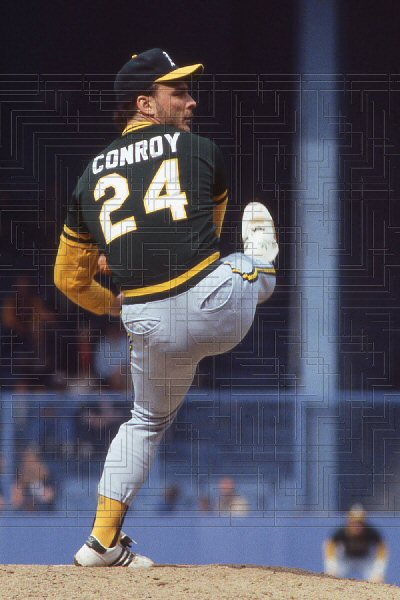
Older Blue Jays fans may remember this one - I certainly do. The Texas Rangers took a big step forward in 1989, after losing 91 games the year before, and when the the Jays came to Arlington in late July the Rangers sported a very decent 54-43 record, having just swept four games from the hapless Yankees. (Gosh, I loved writing that phrase.) They had a strange starting rotation, anchored by two 40 year olds who could not have been more different from one another - Nolan Ryan and Charlie Hough. They also had two hard throwing young RH named Kevin Brown and Bobby Witt (father of Junior.) Jamie Moyer, still years away from finding himself, had begun the season as the fifth starter and token southpaw, but by July Moyer had hurt his shoulder and been replaced by Mike Jeffocat.
Hough had gone on the Disabled List after his July 19 start. The Rangers summoned a 19 year old Venezuelan southpaw named Wilson Alvarez to fill in. It's believed that Texas GM Tom Grieve, though he denied it, was trying to showcase some of his young talent as he looked to make some upgrades. A few weeks earlier, the Rangers had promoted a skinny Dominican outfielder named Sammy Sosa. I would have thought that tossing unproven young kids into the fire against major league competition is a strange way to show them off. Alvarez would quickly demonstrate how this stratagem can fail to work as planned. He gave up a single to leadoff hitter Junior Felix. Tony Fernandez followed with a two run homer. Kelly Gruber followed with another homer. Clearly rattled, Alvarez walked George Bell and Fred McGriff and Bobby Valentine excused him for the day. He had faced five batters and not retired any. Five days later, Grieve traded him and Sosa and shortstop Scott Fletcher to the White Sox for DH Harold Baines and infielder Fred Manrique.
Alvarez was shaken by his failure, shaken to be back in the minors, and in 1990 things got far, far worse. First, he struggled at AAA Vancouver and was sent down to AA Birmingham. Then he and his wife lost their first child to a pulmonary infection just five days after he was born. Happily, things would get better for him. After pitching very well for Birmingham in 1991, he was called back up to make his second career start, It would come against Baltimore, on the first anniversary of his child's death. And Wilson Alvarez, who had failed to retire a single batter in his first career start, pitched a freaking no-hitter in his second. Sometimes this game... well, you just can't make this stuff up. By 1993 Alvarez was a fixture in the Chicago rotation, and that October he gave his White Sox one of the best post-season starts the Blue Jays have ever seen from an opponent. Shoulder injuries started to grind him down, costing him two full seasons, and he suffered through three seasons with the dismal Tampa Ray Devil Fishies. But he was the first Venezuelan pitcher to win 100 games in the major leagues, and is a beloved legend in his homeland today, where he has spent much of his post-playing career coaching.
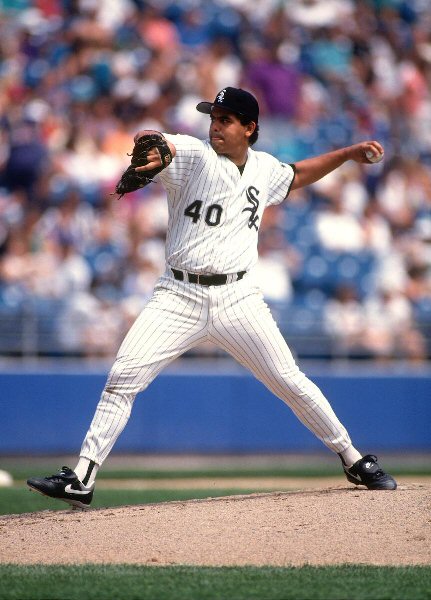
I don't think I need explain much about the first man born in the 1980s. His name is Albert Pujols and he was in left field on 2 April 2001 as the Cardinals opened their season in Coors Field. The Rockies blew them out, 8-0 behind Mike Hampton shut them out. Albert grounded out, flied out, and singled for the first of his many hits in his third time at bat (he was then caught stealing with his team trailing 6-0.) He was in the on-deck circle when the game ended. C.C. Sabathia would make his debut six days later.
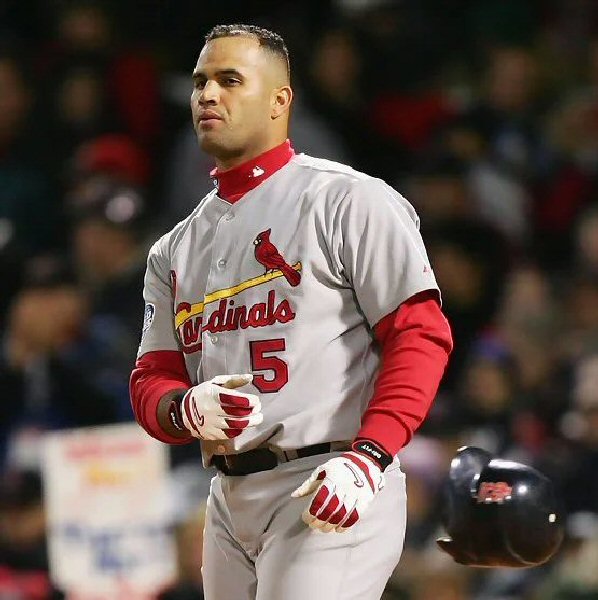
The first man born in 1990s to play in the majors was a highly touted prospect who announced his presence with considerable authority. On 7 May 2010, just 20 years old, Starlin Castro hit a three-run homer in his first major league at bat and immediately settled in as the Cubs new shortstop. He followed up a fine rookie season with a better sophomore year, making his first trip to the All-Star game. But he didn't develop - he seemed to regress a bit. In 2015, Joe Maddon benched him, moved him to second base, and then traded him to the Yankees for pennies on the dollar. He spent two years in New York, then two in Miami, and two more in Washington - he regularly showed flashes of all that ability, but never often enough to make anyone want to keep him around. In 2021 he was suspended for violating MLB's domestic violence policy. The details have not been released to the public but no one has wanted anything to do with him since. He's playing in Mexico now. And I'm not putting his picture here.
And finally, you might have been there when the first man born in the new millennium first stepped onto a big league field. It was 31 March 2019 and Elvis was in the building - Elvis Luciano, at the Rogers Centre. The Tigers had just cashed three runs to break a scoreless tie when Luciano, still a teenager, relieved Javy Guerra with two out in the seventh. He was a Rule 5 pick, which was of course the only reason he was on the major league roster. He did just fine. He got the third out, navigated the eighth inning, and then watched as the Jays rallied to send the game to extras. Where they lost in eleven. I thought young Luciano acquitted himself rather well that year, for a teenager with very little grasp on the strike zone. 2020 was a lost year for him, and I suppose his year in the majors means that technically he's not a "prospect" any more. He spent 2021 in New Hamphire, and wasn't too bad. The Jays released him in August, and re-signed him to a minor league deal a week later. Unfortunately, 2022 has been mostly a lost year - he's been shelved since May with a stress fracture in his right arm, and isn't supposed to resume throwing until... well, right about now. He's still just 22 years old.
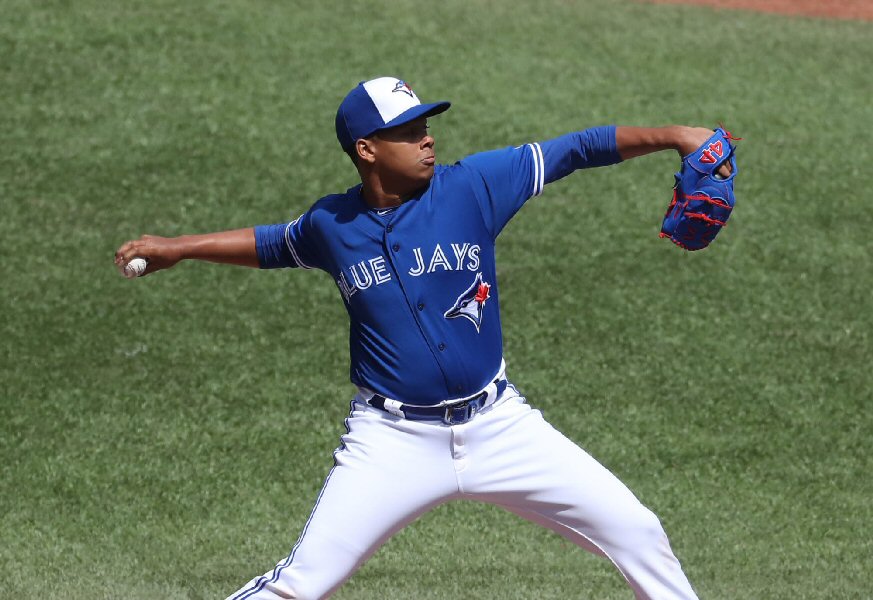
3 comments
https://www.battersbox.ca/article.php?story=20220811125851219










